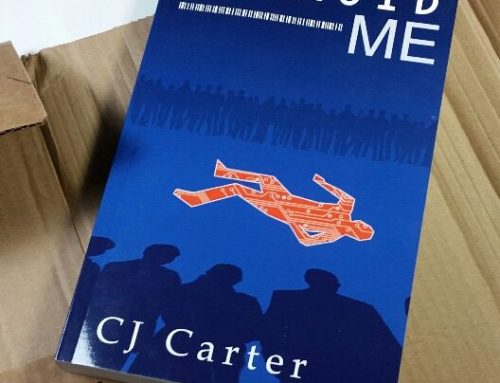 Being a writer-type person, I sing to the most under-appreciated cog in the machinations of writing: the reader. I’m not talking about those people who buy what you’ve written and read it. No, I’m talking about those people who read and critique your work before it’s published. The good ones are the heroes of all writers, second only in importance to the Muses.
Being a writer-type person, I sing to the most under-appreciated cog in the machinations of writing: the reader. I’m not talking about those people who buy what you’ve written and read it. No, I’m talking about those people who read and critique your work before it’s published. The good ones are the heroes of all writers, second only in importance to the Muses.
It sounds so easy…you read someone’s work, and then you give your opinions on it. Well, it’s not that easy. A reader’s job is not only to be an honest audience member, but also needs to be a help-mate. I don’t mean a collaborator, per se, but someone who understands storytelling well enough not only to be able to hone in on a tale’s problems, but to convey that information in a way the writer can understand and use. Having been a reader myself, at times, I can tell you that it is a lot more than just reading a story and giving an opinion. It takes time and care.
Who makes the best readers? For most writers, it’s other writers of a similar or somewhat higher caliber. They talk the talk, but more than that, they struggle
I’ve been lucky in that none of the produced/published writers I know who’ve read my work have ever complained about my ability. The words are good…it’s how I’ve knitted them together that they quibble with. And you know what? They are almost always completely correct. If I wasn’t so close to the story, I’d have said the same to myself.
Still, there is definitely a place for other less professional nepotistic readers. Authors, generally speaking, aren’t writing to impress other writers, but to entertain the masses. Do members of this group enjoy the story you told? Do they “get” it? Do they snub their nose at the elegant solution your writer buddies praise? These people are the target audience, after all. They need to be readers as well. Sadly, the only feedback you generally get is: I [didn’t] like it. That really doesn’t help. For these readers, I try to engage them in a conversation about the book so that I can try to suss out answers that I need to know. It’s very time-consuming, and not nearly as informational as when as writer gives their input, but helpful nonetheless.
It’s truly amazing how hard it is to stand back and evaluate your own work…especially when it comes to the finer points. The fact of the matter is that you’ve either fallen in love with your work and don’t want it to change, or are sick of it and want it to end. Readers muck with that. They force you to attend to that most visited part of the writing method: rewriting. If you’re lucky, you only need to punch up things here or there, or maybe cut a few things out. More commonly, though, there will be large changes that require reworking of many chapters/acts, if not the whole book/script. And yet you still sing praises of the readers for making you do this, because you know the end result is going to be better.
So, if a writer asks you to be a reader for them, and if you feel you can be honest about what you read, then by all means, go for it. If you are a writer being asked to read…well, you’ve probably already been down that road. You know it’s a karma/pay-it-forward kind of thing. If you want readers, you have to read, in turn. It’s OK if you keep it to a small circle of like-skilled friends (newbees can be a little needy, defensive, and protective, after all), but there is definitely a give-and-take required by our peculiar profession.
No writer is an author, entire to him-/herself. When one chapter dies, the passion is not torn out of the book, but translated into a better language; and every chapter and scene must be so translated.
(My apologies to John Donne)





